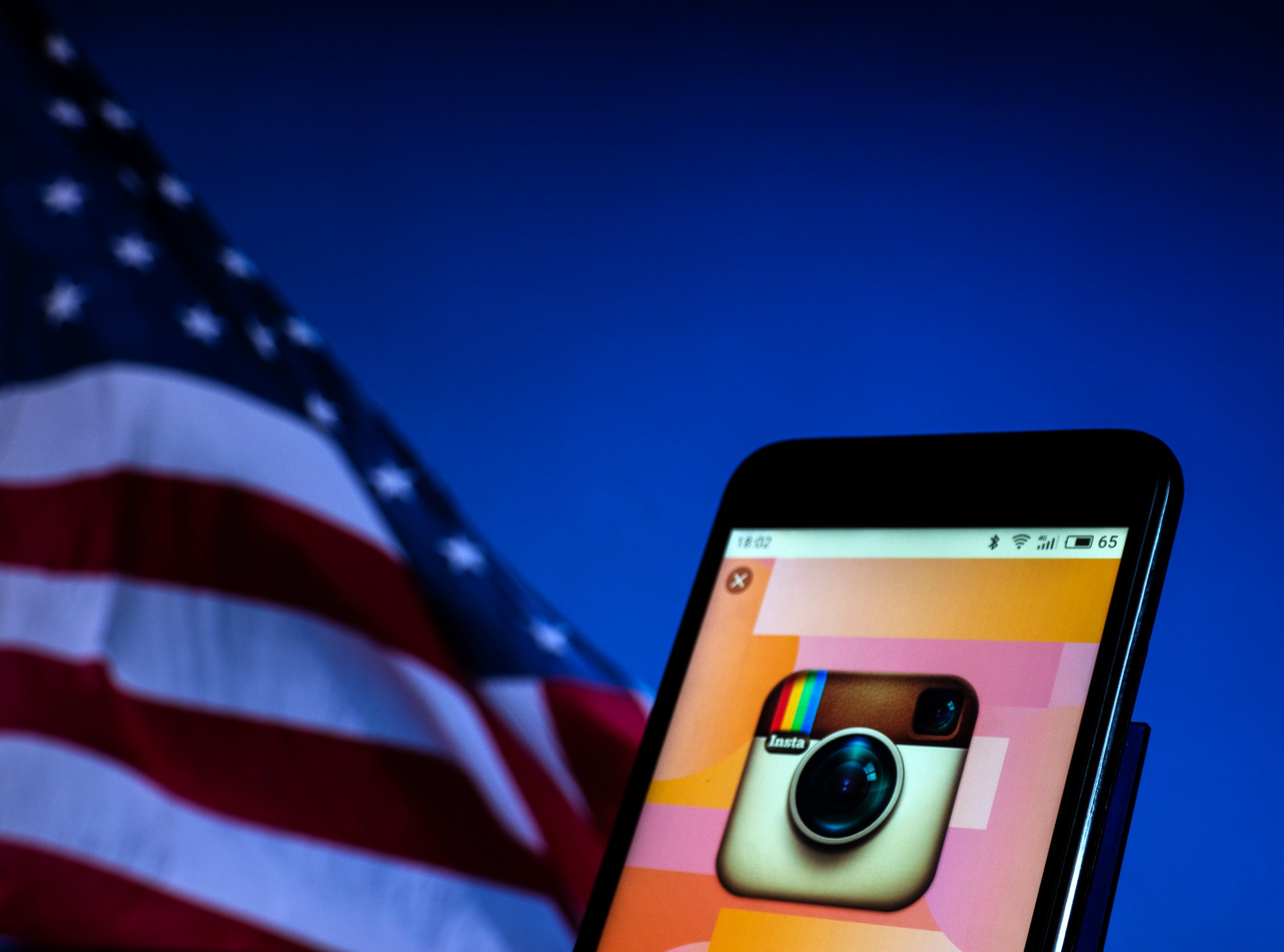
On Tuesday, Merriam-Webster brought Instagram into a elite group of companies including the likes of Google and Xerox: those that have impacted the culture to the point where they become verbs.
Instagram, a word that refers to posting a picture on the social media platform of the same name, was among the 840 new terms and definitions the dictionary announced that it had added to its ranks — as was the adjective Instagrammable, a descriptor for those things that one might deem worthy of sharing.
It’s a linguistic moment that speaks to the popularity of a particular app on one level. (Instagram recently celebrated the milestone of reaching one billion active monthly users at a lavish press conference in San Francisco.) It also reflects the modern mindset of English speakers on a grander scale, just as the verb-ization of Google spoke to people’s widespread reliance on technology and general expectation of immediacy. Peter Sokolowski, editor-at-large for Merriam-Webster, ties this addition to the the fact that, thanks to social media, life for many has become “a kind of performance.”
Merriam-Webster’s lexicographers don’t actually define Instagrammable; they just list it as another form. But a mainstream dictionary only includes words once they’ve become widespread and appear to have staying power. And that form, in particular, speaks to a value set defining life circa 2018. Around the world, a billion people are making the same calculation, as they divide their experiences — their meals, their Friday nights, their achievements — into those that are appropriate for consumption on Instagram and those that might not be.
The influence of social media can be seen elsewhere among new additions. Also in this update is the word retweet, a verb that means to repost something, such as a message, on Twitter. And there is unfollow, which refers to the schismatic moment when one stops “subscribing to the feed of (someone or something)” on various platforms.
When the internet first started shaping the language, Sokolowski says, it came in form of names for new things we hadn’t dealt with in the analog world — such as blog, a shortened form of weblog. These days, it’s all about the stuff we do with those things, such as putting them in airplane mode or using them to engage in less-than-productive activities for longer than we should (See: time suck).
The new entries also display the profound effect social media has had on our written language, not just in terms of where we are using it but what it consists of. For centuries, there was little reason to write out informal sounds or terms that we might use in conversation. But popular platforms have given people a reason to spell out informal speech, which in turn has given language experts a way to study and document it. Hence additions such as coulda, a Twitter-friendly form of could have, as well as abbrevs ranging from rando to avo.
“The language continues to do what it’s been doing for as long as it’s existed,” associate editor Emily Brewster said in a statement, “grow and adapt to meet the needs of the people who use it.”
Here is a selection of other words in Merriam-Webster’s latest update:
bingeable: having multiple episodes or parts that can be watched in rapid succession
bougie: marked by a concern for wealth, possessions, and respectability
bro-ey: of, relating to, characteristic of, or suggestive of bros
fintech: products and companies that employ newly developed digital and online technologies in the banking and financial services industries
hangry: irritable or angry because of hunger
Generation Z: the generation of people born in the late 1990s and early 2000s
Latinx: of, relating to, or marked by Latin American heritage —used as a gender-neutral alternative to Latino or Latina
salty: feeling or showing resentment towards a person or situation
tent city: a collection of many tents set up in an area to provide usually temporary shelter (as for displaced or homeless people)
TL;DR: too long; didn’t read —used to say that something would require too much time to read
More Must-Reads from TIME
- Cybersecurity Experts Are Sounding the Alarm on DOGE
- Meet the 2025 Women of the Year
- The Harsh Truth About Disability Inclusion
- Why Do More Young Adults Have Cancer?
- Colman Domingo Leads With Radical Love
- How to Get Better at Doing Things Alone
- Michelle Zauner Stares Down the Darkness
Contact us at letters@time.com